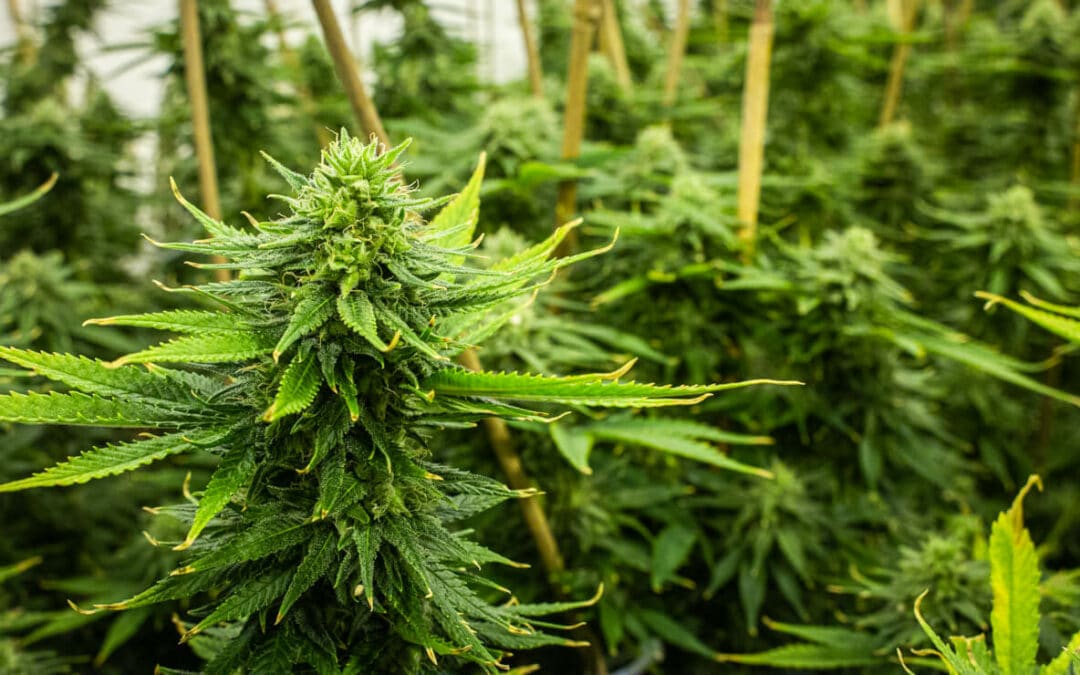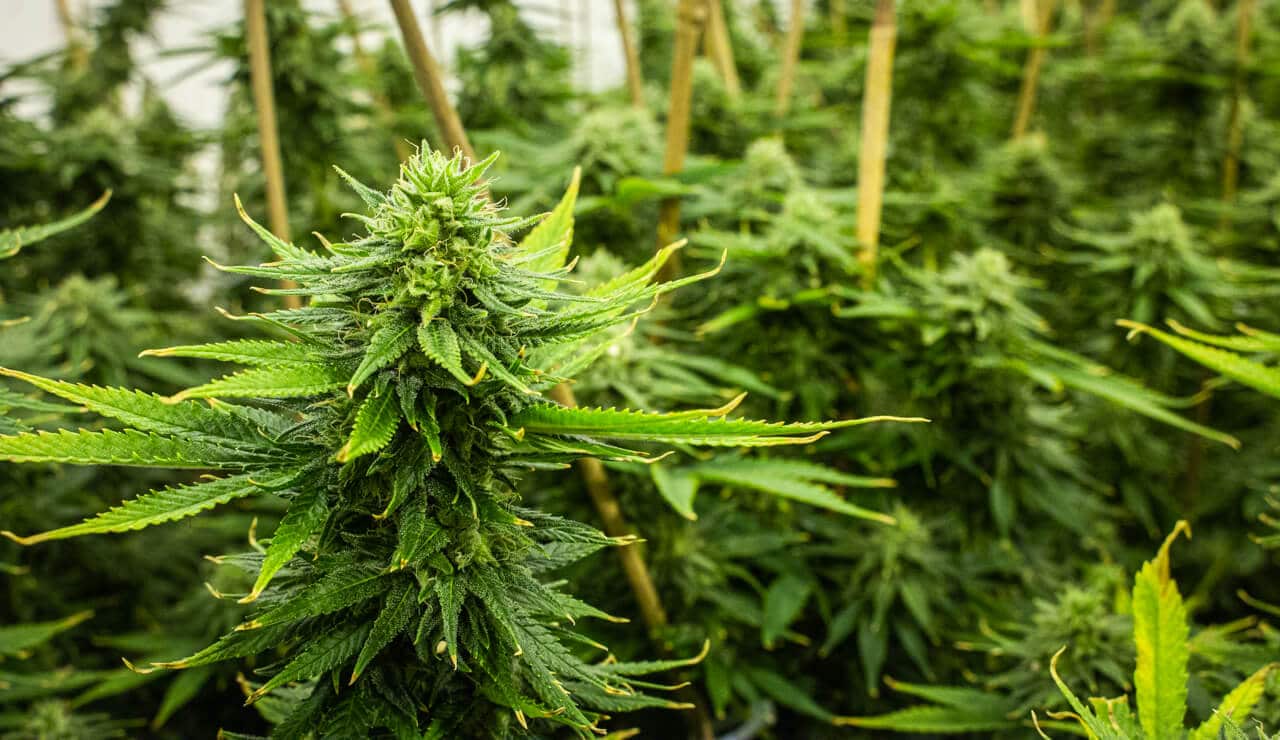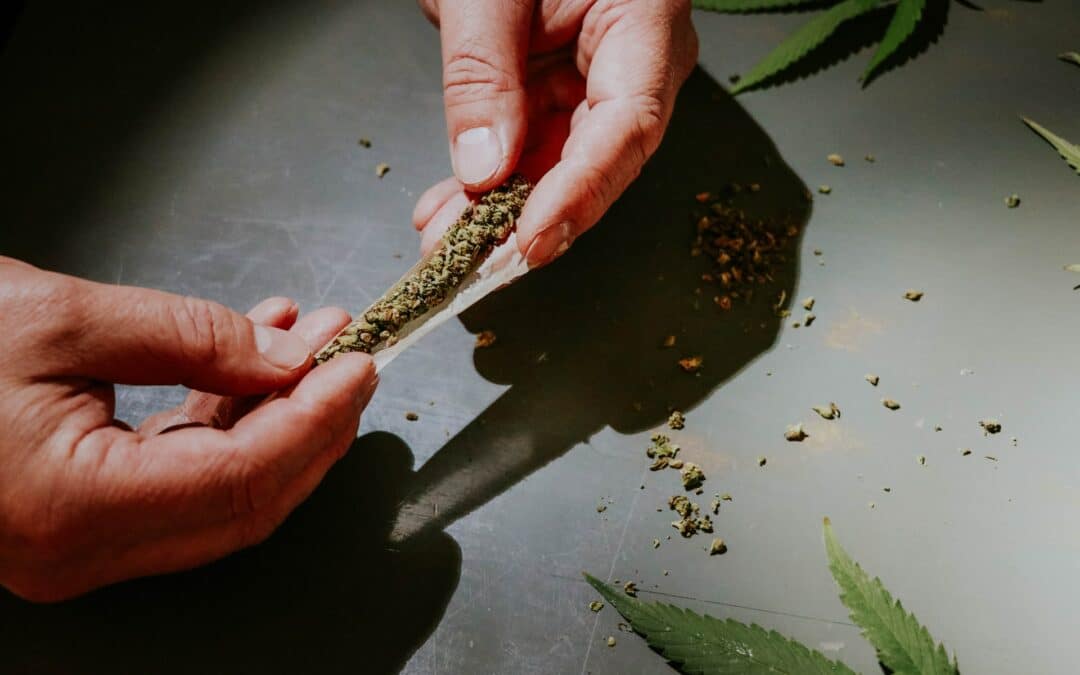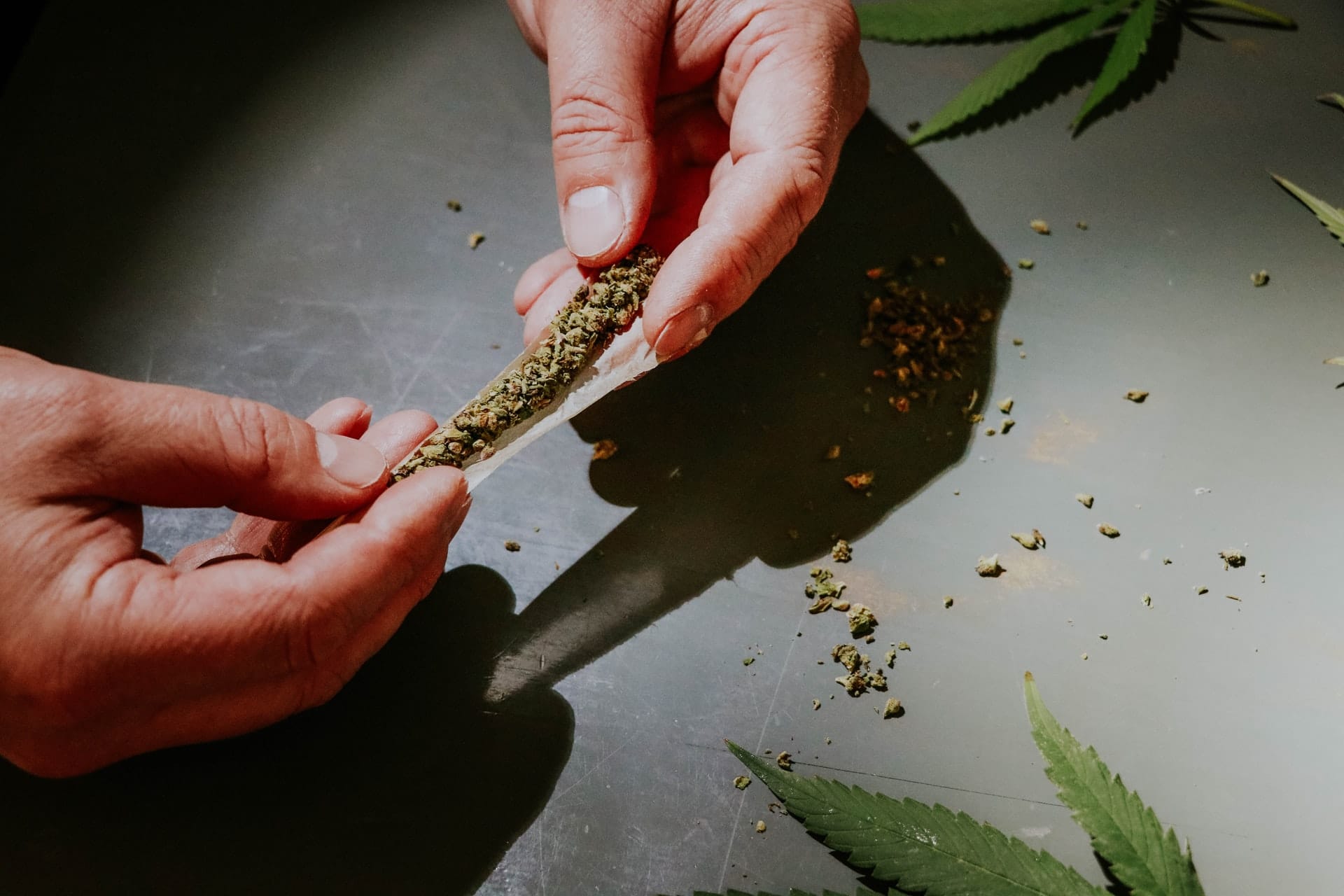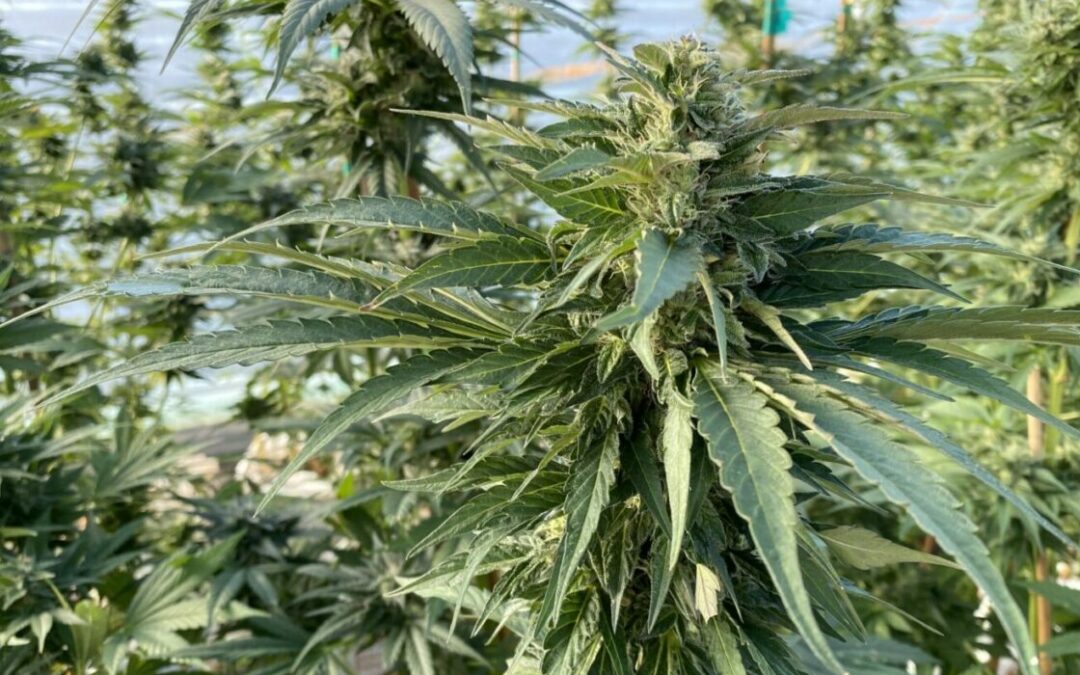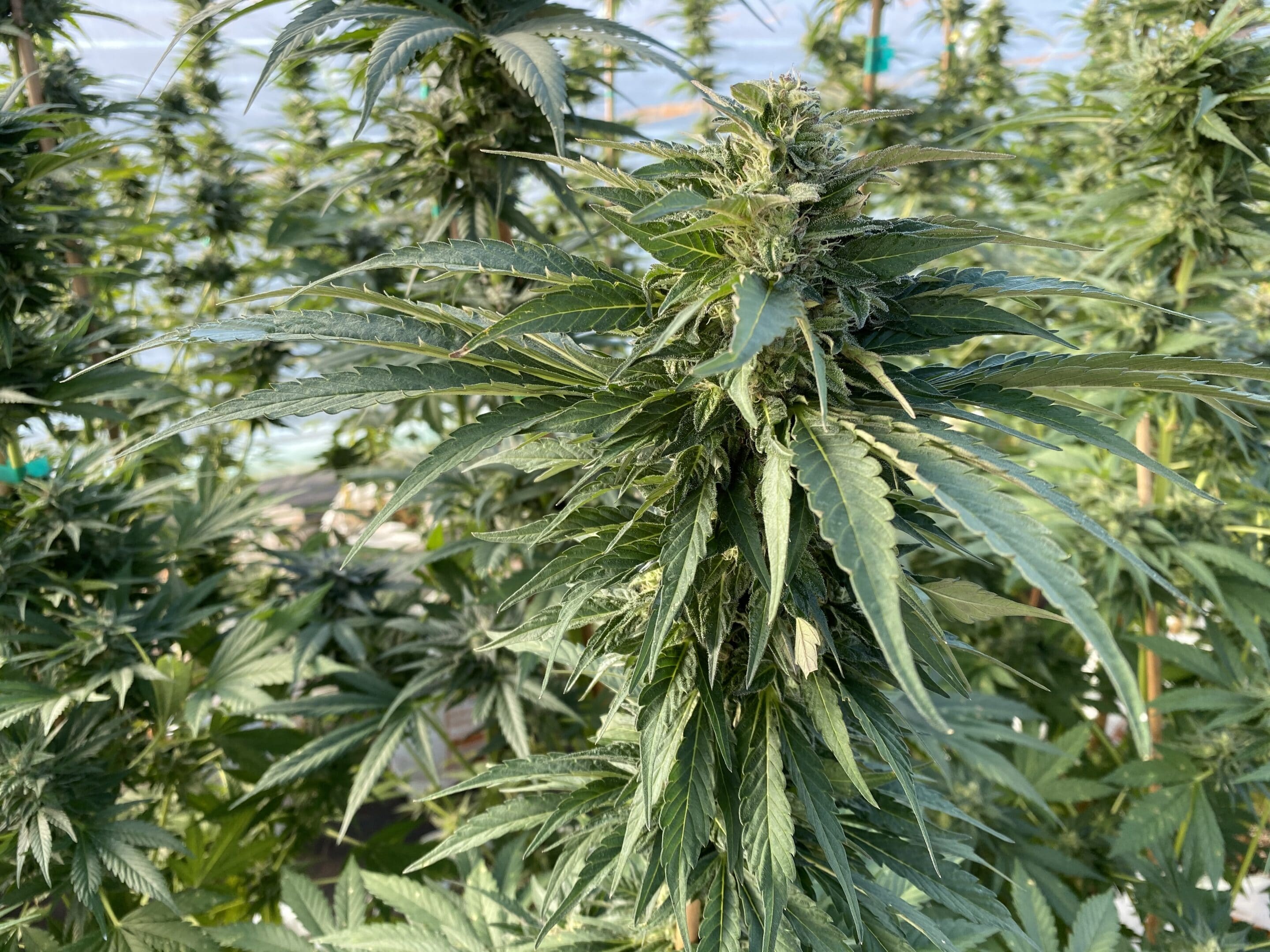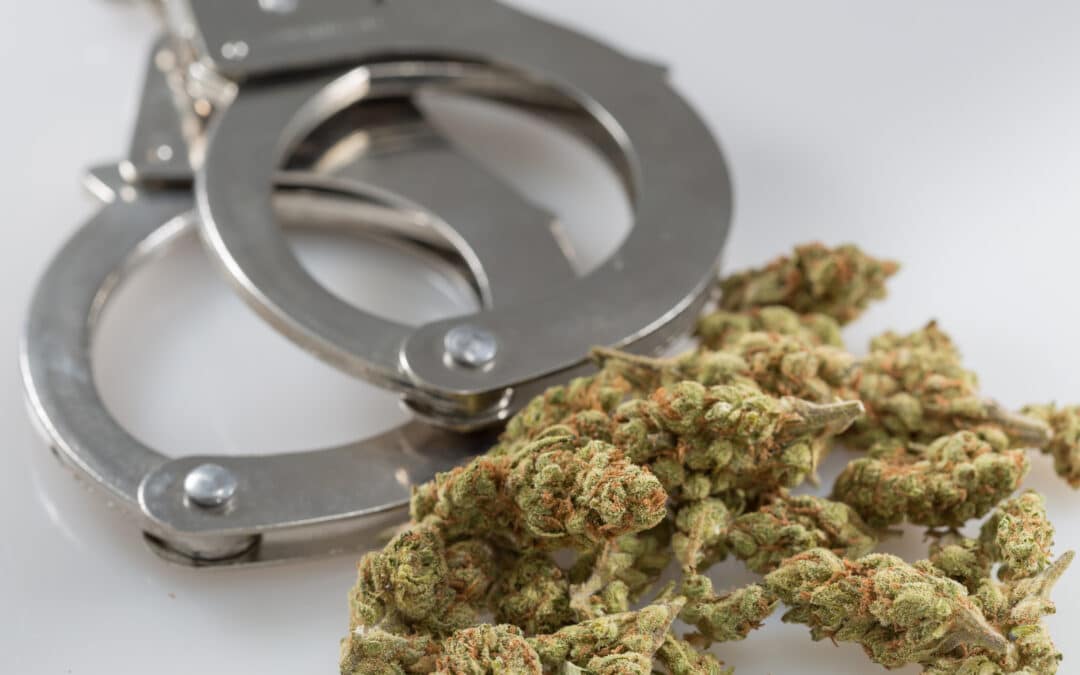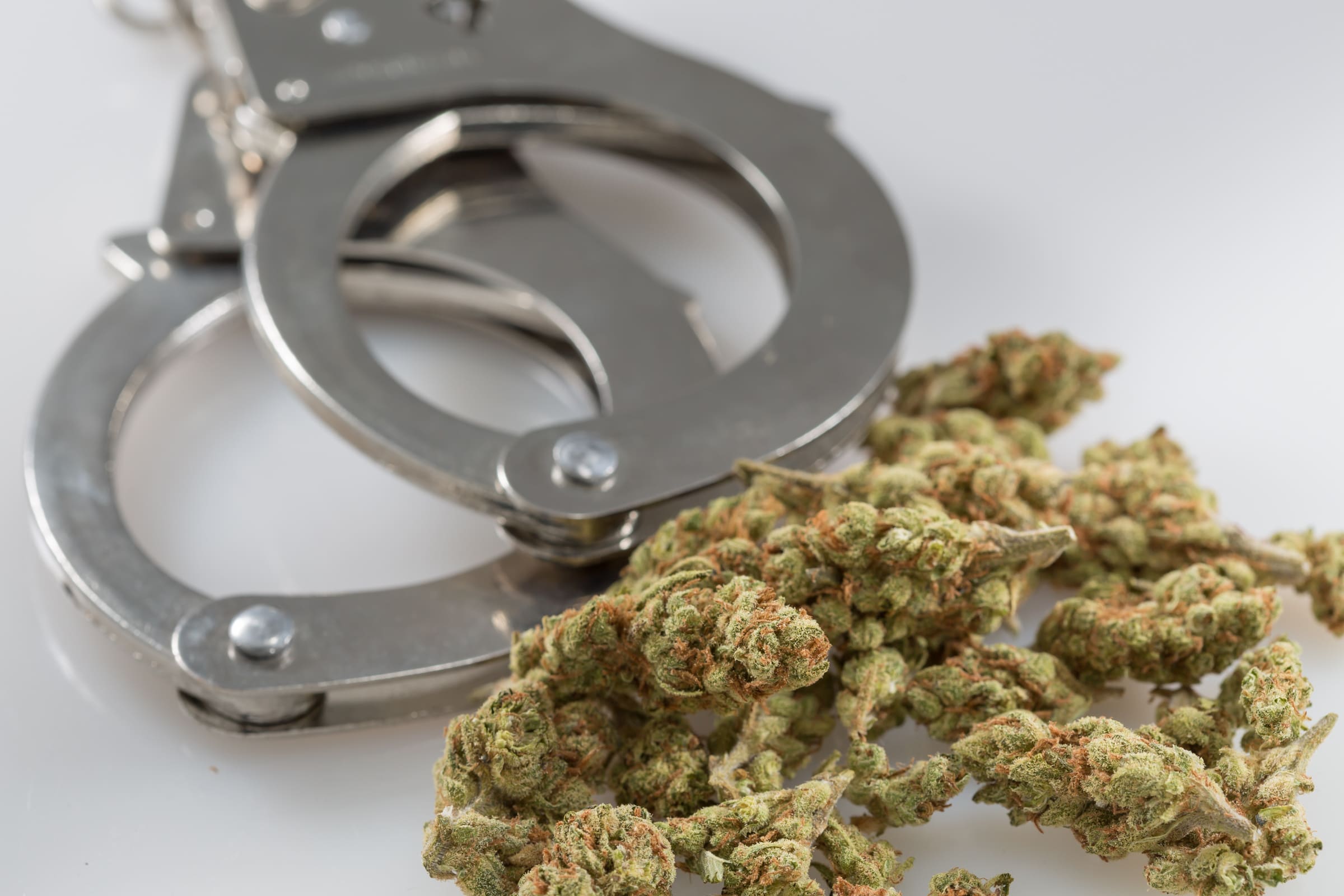
United Nations calls for global ban on cannabis advertising

The United Nations on Thursday called for a global ban on all advertising that promotes cannabis products, in a move that it said could mimic its efforts to lead a global effort to limit tobacco marketing and use.
The UN can only recommend such a move, and it would be up to member nations to implement and enforce any kind of advertising ban.
“A comprehensive ban on advertising, promoting and sponsoring cannabis would ensure that public health interests prevail over business interests,” the UN’s Office on Drugs and Crime wrote in its annual World Drug Report.
“Such a ban would need to apply across all jurisdictions,” the global agency added.
The agency noted in its report that pot products “have almost quadrupled in strength in the United States of America and have doubled in Europe in the last two decades.”
Even as the products have become more potent over the last 20 years, the percentage of adolescents who view the drug as harmful has decreased by as much as 40 percent over the past 20 years, the UNODC said.
It added that marijuana can lead to mental health disorders in long-term, heavy users.
“Aggressive marketing of cannabis products with a high THC content by private firms and promotion through social-media channels; can make the problem worse,” the UN officials wrote in their report.
The UNODC did not specify how such a ban would work, but noted that “the measures could work in a way similar to the provisions of the WHO Framework Convention on Tobacco Control.”

